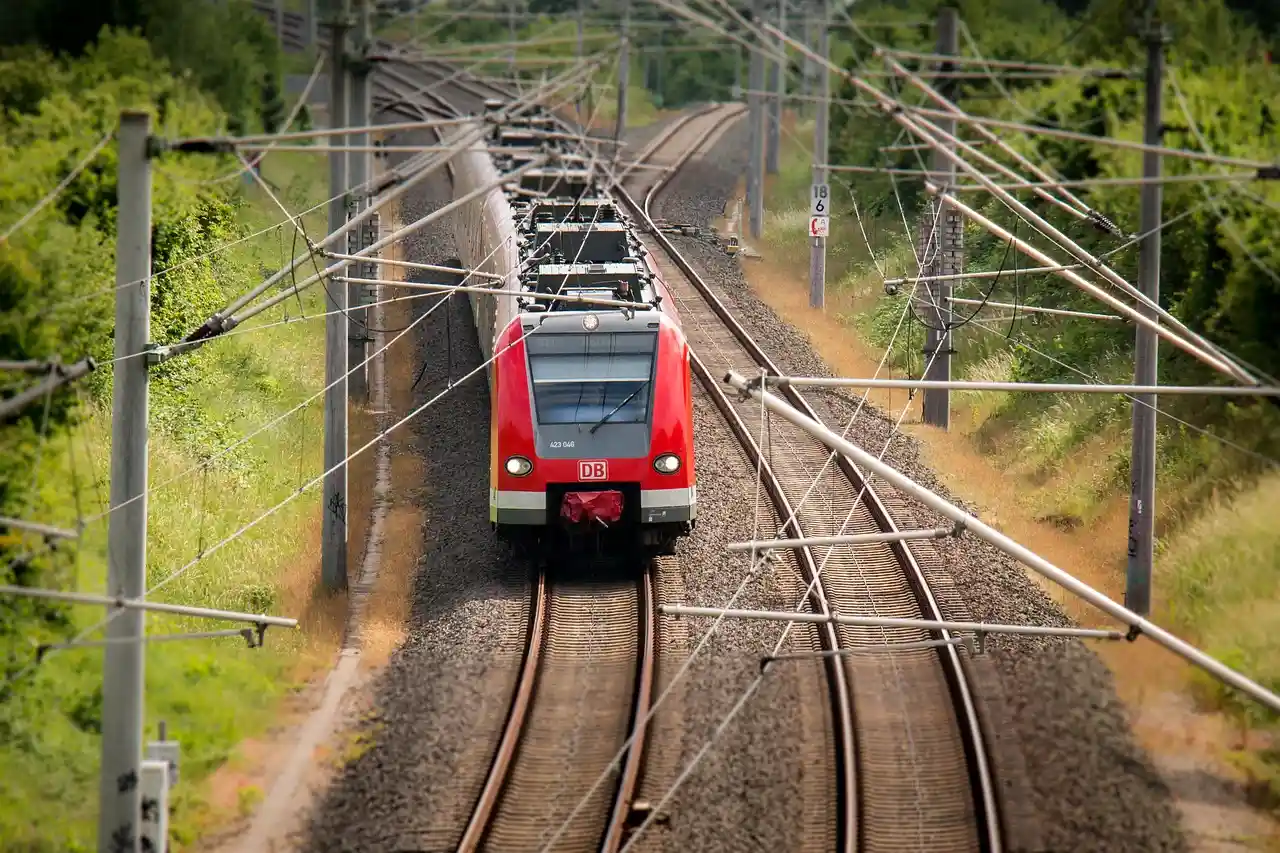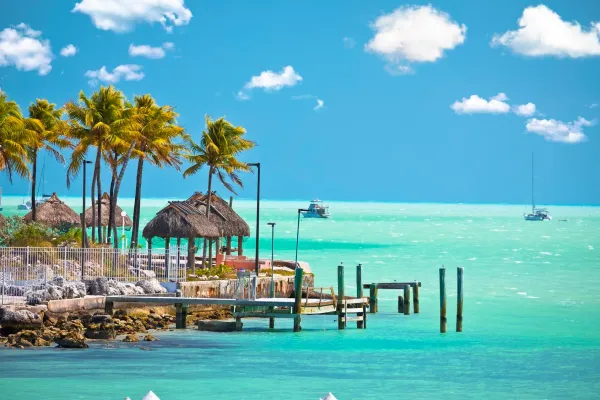France Appeals to EU for Assistance in Abolishing Low-Cost Flights, Citing the Impossibility of €10 Tickets
France seeks European Union support to eliminate €10 low-cost flight tickets. Discover the efforts to curb budget airfare and its implications on the travel industry.

The French Transport Minister advocates for a thorough discussion on the ecological and societal impact of air travel. France plans to rally support from fellow EU members for implementing a minimum flight price, aimed at reducing the aviation industry's carbon footprint.
Transport Minister Clément Beaune emphasizes the need to scrutinize the equitable social and environmental costs associated with flight tickets. He firmly believes in addressing this matter at the EU level. Earlier this year, Beaune initially proposed the elimination of ultra-low fares, highlighting the imperative to combat both social and environmental disparities, stressing that €10 plane tickets are no longer a viable option in the current scenario.
Disproportionate Emissions: The Environmental Impact of Frequent Flyers
Individuals who frequently fly significantly contribute to emissions," notes Jon Worth, a travel expert and founder of the Trains for Europe campaign. "Any effort that holds airlines accountable for their environmental impact is a positive step."
"However, our focus should target frequent flyers, which current initiatives overlook. While it may discourage weekend getaways for some, it won't deter the consistent flying habits of this select group."

Read Also
In France, research by the climate campaign group Possible reveals that merely 2% of the population accounts for half of all flights. In the UK, 15% of Britons are responsible for 70% of flights, and in the Netherlands, 8% of the population takes 42% of flights.
In total, a 2014 European survey revealed that 37% of Europeans have never ventured beyond their own country. While this data doesn't specifically pertain to air travel, it provides insight into the travel habits of many Europeans.
Study Shows European Train Tickets Are Double the Cost of Flights
The average cost of European train tickets is double that of flights, as indicated by a Greenpeace report in July. Among the 112 key routes analyzed by Greenpeace, only 12 train lines were identified as both rapid and cost-effective alternatives to flights.
In May of this year, France implemented restrictions on certain domestic flight routes. Flights that could be substituted with train journeys under 2.5 hours were impacted.
However, due to constraints like limited train schedules during late hours, the restriction is only enforced on three specific routes - Paris Orly to Bordeaux, Lyon, and Nantes.
Climate advocates and groups voiced disappointment, contending that the French government's ban falls short in significantly reducing aviation-related carbon emissions.
Similarly to Beaune's proposal, inadequate train services often prompt travelers to choose flights.
Jon Worth comments, 'When looking to travel from Paris to Barcelona or Paris to Frankfurt, train capacity on these routes is insufficient.'
He adds, 'While these measures act as deterrents, we need positive incentives to encourage behavioral change.'
Jon Worth also corrects Beaune's statement regarding the possibility of a €10 flight. Typically, the minimum rates for a one-way ticket, inclusive of all taxes, range between €40 and €50.
How can Europe incentivize people to move away from inexpensive flights?
In the UK, there have been prolonged discussions about implementing a 'frequent flyer levy.' The proposed tax rates would escalate with the number of flights taken within a year," explains Jon Worth.
However, this remains a 'stick' approach. In Germany, efforts are being made to reduce short domestic flights," shares Worth.
He further states, "For instance, if you're traveling from Stuttgart to Singapore but the only direct flight departs from Frankfurt, Germany will facilitate the traveler by providing a train connection from Stuttgart to Frankfurt."
The challenge lies in the fact that certain countries, like France, lack an integrated transportation system. In France, the option to connect TGV INOUI high-speed trains to Air France flights is limited.
"In contrast, Germany allows you to seamlessly transition from a Deutsche Bahn train to an EasyJet flight," highlights Worth.
Will Beaune's proposal garner support from EU member states?
Beaune aims to garner support from fellow EU nations for implementing a minimum flight price, but France may face challenges in winning over other countries.
Jon Worth remarks, 'It's a characteristic move aligning with the French approach, particularly emblematic of Macron. Strategically, it may not be the most effective way.'
He continues, 'Germany, given its liberal transport minister, might not be enthusiastic. Spain could express interest, as well as the Netherlands; however, beyond these, it remains uncertain.'
The proposal is likely to face resistance from island nations reliant on air travel and regions heavily dependent on the tourism influx facilitated by low-cost flights.
Ryanair's Chief Executive has strongly opposed similar measures, equating them to 'North Korea-like rate control.' When Austria announced in June 2020 its intention to prohibit airfares lower than the actual taxes and charges, averaging around €40 per flight, Ryanair's CEO expressed strong opposition."
Jon Worth expresses concern that the French Transport Minister is prioritizing publicity over substantial change.
He states, 'The extensive global coverage of France's short flight ban was substantial but ultimately ineffective. It seemed like a PR move for Macron. I worry that Beaune might be pursuing a similar approach, where the actual execution yields negligible impact.'






